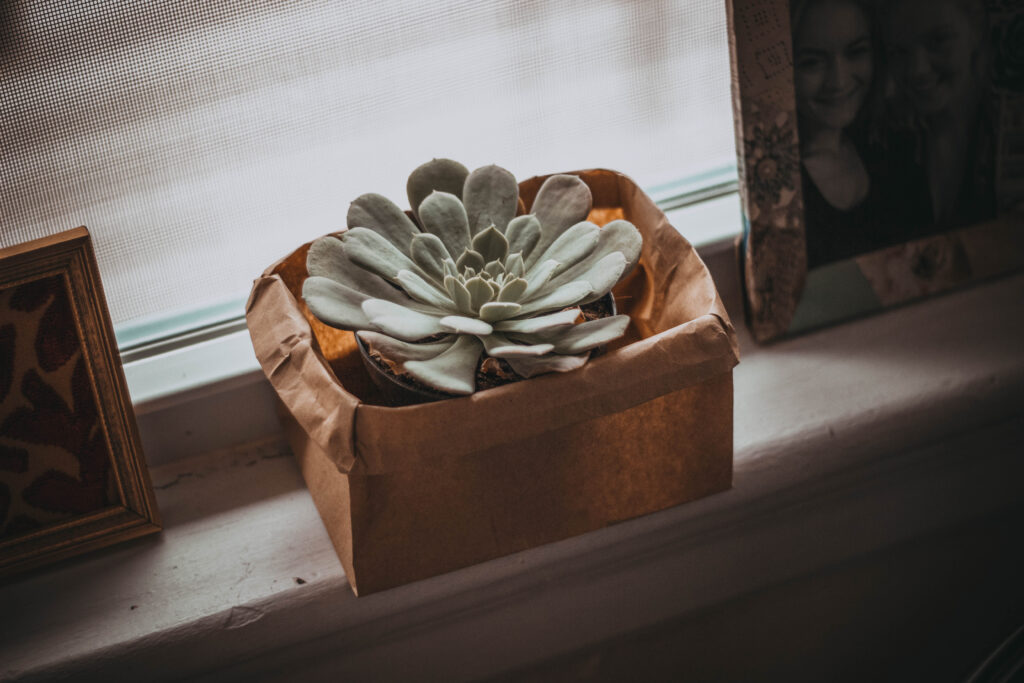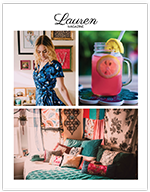
A lot of people are taken with the idea of minimalism. Our society is one that over-consumes, so it’s natural to respond to this imbalance by cutting things out of our lives.
For a while, I was a fan of minimalism. I liked the idea of being able to pick up and go on a moment’s notice, or having a clean space that doesn’t need to be up-kept. I started to pair down my possessions. I sold many things on Ebay and gave less valuable stuff to Goodwill. At first, it felt great. Truthfully, I was a bit of a hoarder before. I had way too much stuff, and I don’t regret getting rid of it.
After a while, I began to realize that having less wasn’t de-stressing me in the way that I thought it would. Trying to control my possessions left me stressed out. I was constantly preoccupied with my stuff, and I wasn’t living with the freedom I though minimalism would give me.
Eventually, I found a healthy balance between having too much and being obsessed with getting rid of stuff. It seems that the best things in life come to us when we find balance in the middle of two extremes. Today, I’m definitely not a minimalist. My sense of style is very luxurious and “boudoir” which is at the opposite end of the spectrum.
There’s nothing wrong with having a minimalist decorating style or with having less things. I also have no problem with people who sell everything they own to pursue a calling from God. I think that can be an incredible thing when it’s in reaction to his prompting.
The problem is that in some cases, the attitude behind these actions can become misguided. It can turn into a preoccupation, a fixation resulting from a need for control, or even a sense of superiority in having less “earthly possessions.”
Physical possessions might be temporary, but that doesn’t mean they are worthless. They have value when they are held in the proper regard. Here are a few of the reasons why they are important:
By being overly sentimental, we hold on to a lot of junk. But by cutting out sentiment, we lose a lot of what gives life it’s meaning. The things we save provide a way to reminisce about the past and to keep a record of our lives so that we can share them with posterity. By oversimplifying, we rob ourselves and our children of the past.
God is a loving father who lavishes, and a room full of treasures is evidence of our Father’s generosity. This is should remain in balance — being spoiled is not necessary, but neither is being skimpy. Our material possessions should express that God meets our needs and grants our desires.
To be clear, people who own more are not more blessed. You can feel just as lavished upon with a closet full of clothes as you can with two beautiful outfits that God has provided you with. It’s not something we need to measure or compare — rather, it’s an attitude of the heart. If you are going through a time of lack, that doesn’t necessarily mean you’re “missing it”. These times come to all of us and are meant to refine our character and teach us reliance on God. But we need to know that the character of God is generous and abundant — not minimal or lacking.
The pursuit of having less stuff is not satisfying because it is never complete. Your focus becomes controlling your possessions, which is almost more preoccupying than having too many in the first place.
Order and organization are good things, and I’m not saying you should never seek to scale down your belongings. But organization is meant to allow you to enjoy your environment and focus on the important things in life, not to be a constant preoccupation.
Accept the fact that life is never “complete”, live in the moment, and be okay with your possessions and their constant evolution. Freedom, peace, and creativity will be found when your mind is free from trying to control everything.
Even though minimalism isn’t for me, I learned some great principles from it that will stay with me for the rest of my life. I realized that:
What is your experience with minimalism? Do you have any tips and tricks for staying organized (and at peace)? Share them in the comments below!

